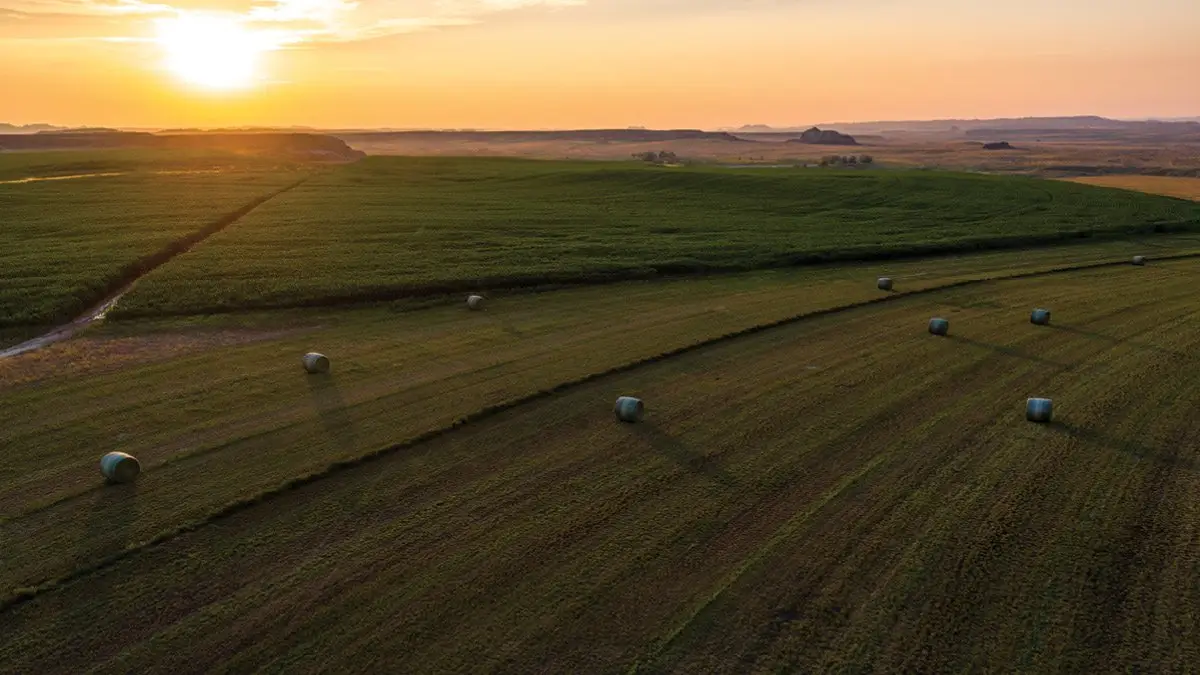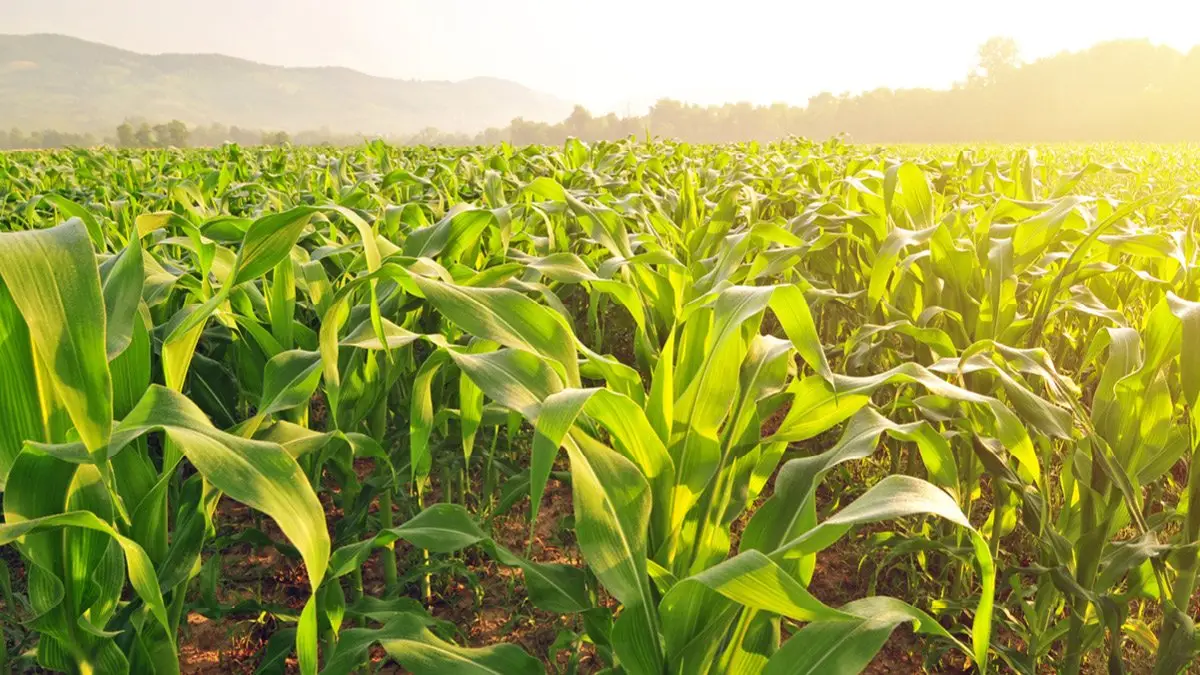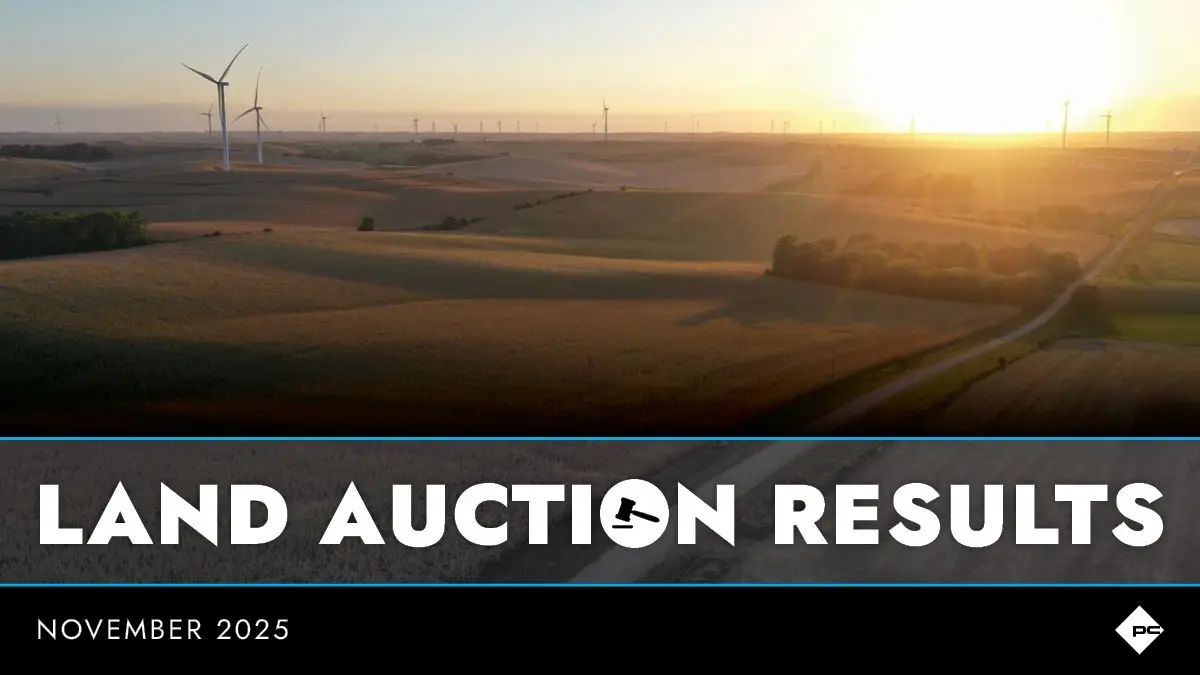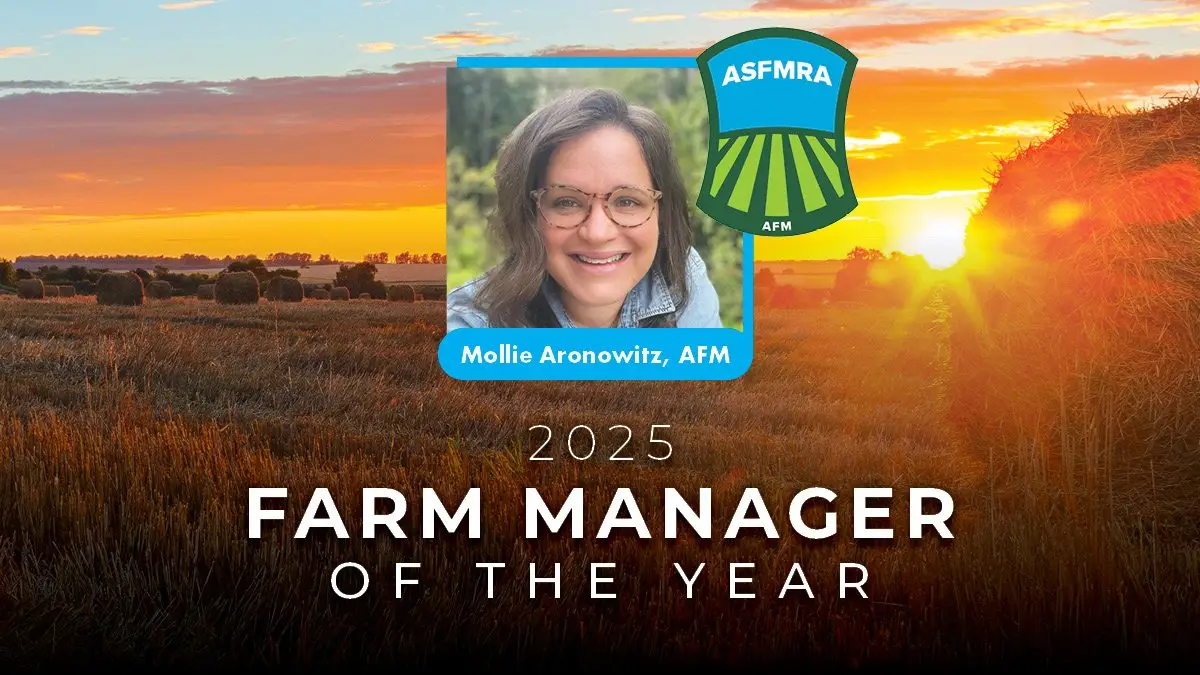Photo: Mark Abramson for The New York Times
HOW COVID-19 AFFECTS THE FARMLAND MARKET
The combination of COVID-19 and cheap crude oil form a black swan, a cataclysmic economic activity that could not be predicted. COVID-19’s impact on the U.S. economy will almost certainly lead to an economic recession, ending an unprecedented period of economic growth, says [Mark Dozour, former chief economist of the Real Estate Center at Texas A&M], who joined Steve Bruere, owner of People’s Company, an ag real estate firm, in a March 24 teleconference about farmland values in the wake of COVID-19. The more than 600 folks who joined in the call learned that farmland is holding relatively steady – despite the freefall in other investment vehicles, including the New York Stock Exchange, which has lost 30% of its value in the last 45 days.
“The farmland market has slipped 2% to 3% the last few weeks, yet a sale we had last Friday met expectations,” says Bruere, whose Clive, Iowa-based firm sponsors the annual Land Expo each January.
“There is money out there, and you have to figure out a way to make it move,” Bruere continues. “The time to buy a farm is when it’s for sale. And we’re doing our best to move forward.” Read More
For Farmers, Stimulus Bill Means Subsidies Continue to Flow
After providing nearly $26 billion in aid to farmers over the past few years to offset losses from President Trump’s trade war with China, the administration now has another giant new pot of money to pass out to them with little or no oversight, courtesy of the $2 trillion coronavirus stimulus package.
The legislation, given final passage by the House on Friday and quickly signed into law by Mr. Trump, allocates as much as $23.5 billion in assistance for farmers and gives broad leeway to Agriculture Secretary Sonny Perdue to direct it where he sees fit. Read More
PODCAST: Coronavirus Perspectives: Land Value During a Liquidity Flood
Steve Bruere is a farmland real estate broker that runs the Land Expo- probably the most innovative and edgy conferences I have ever spoken at. We talk about where opportunities are to make money, leading 100 people during a crisis and the potential for inflation in land prices. Listen to the Podcast
Agri Investor: Refinitiv port and trade flow data reveals mixed covid-19 impact
Covid-19 infiltrated nearly every corner of the globe. In an unprecedented effort to combat and slow the contagion, most countries have severely curtailed travel and shuttered businesses.
As a result, global trade flows and supply chains have been impacted following port disruptions and weakened demand of many agricultural commodities.
The best litmus test for monitoring agricultural flows is China, the world’s largest importer of many commodities. For weeks, China has been in a state of lockdown resulting in severe congestion of ships waiting to unload meat, seafood, grains and oilseeds, and fresh fruit and vegetables. Read More
Land Report: Land Report 100er Brad Kelley Lists 420,000 Acres in Trans-Pecos with King Land & Water
Pieced together over a span of decades, this massive single block of ranchland, which spans 57 miles from east to west, is an assemblage of 22 historic ranches, many of which date back to the settlement of the Texas frontier in the late 19th century. In addition to being marketed as a single mega ranch for $319 million, the five principal components of Brewster Ranches are available individually: 196,000-acre Dove Mountain Ranch for $149,940,000; 117,000-acre Rio Texico Ranch for $85,995,000; 52,022-acre Y.E. Mesa Ranch for $40,317,050; 34,123-acre Horse Mountain Ranch for $28,151,475; and 19,814-acre Tesnus Ranch for $15,554,171. Read More
IPE Real Assets: Agriculture: Rising liquidity
A fresh wave of global capital is poised to flood the market in search of agricultural assets. Several large fund managers, including Macquarie Infrastructure and Real Assets (MIRA), and Westchester – part of Nuveen – have launched new funds, while others have raised hundreds of millions of dollars for investment in the agriculture sector.
Industry experts say large pension funds from Europe and North America in particular are sitting on billions of dollars waiting to be deployed directly to agricultural assets rather than through fund managers. Read More







